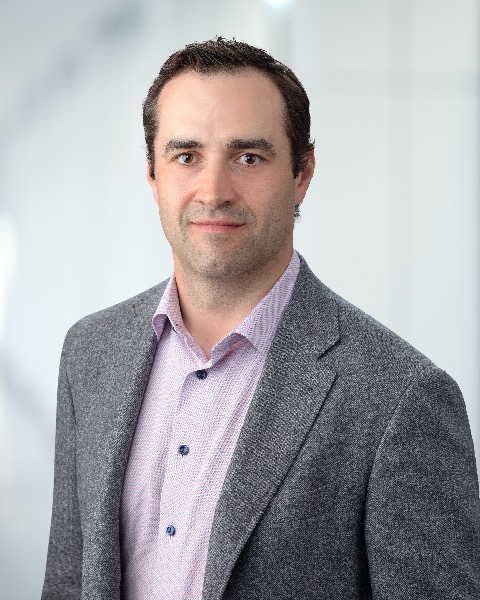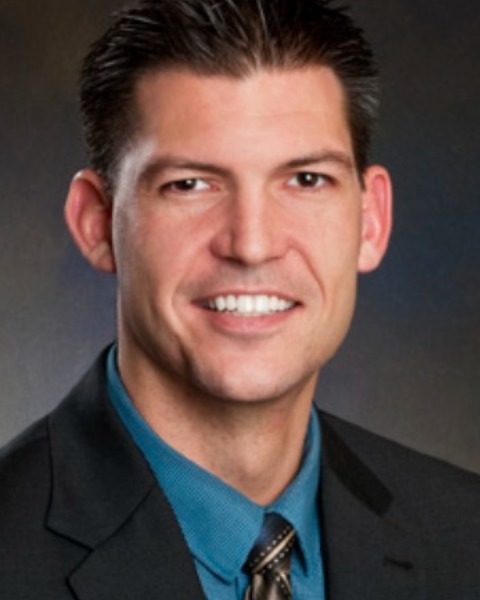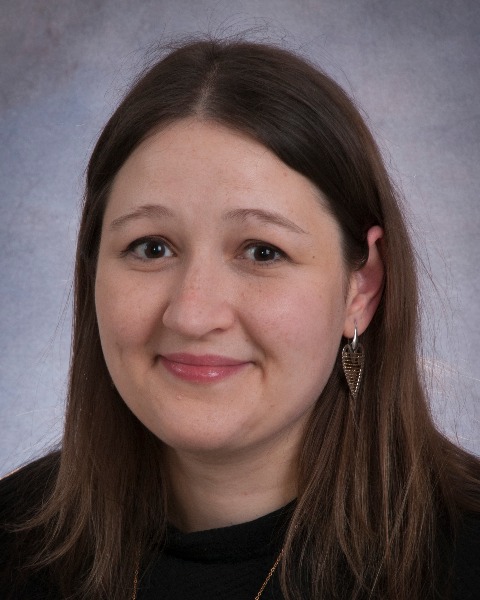Vascular
Cardiac Surgery
Clinical Research
Genetics
Canadian Society of Vascular Medicine (CSVM)
Canadian Society of Cardiac Surgeons (CSCS)
Canadian Adult Congenital Heart Network (CACH)
Canadian Society of Echocardiography (CSE)
125 - UPDATE ON MANAGEMENT OF TYPE B AORTIC DISSECTION
-

Kenton Rommens, MD FRCSC
Clinical Associate Professor, Vascular Surgery
Libin Cardiovascular Institute, University of Calgary
University of Calgary -
TL
Thomas Lindsay, MD FRCSC (he/him/his)
Professor of Surgery
University Health Network/ University of Toronto
University of Toronto -

Elisa Greco, MD FRCSC
University of Toronto
University of Toronto -

Scott McClure, MD FRCSC (he/him/his)
Cardiac Surgeon, Associate Professor
CSCS
University of Calgary -

Holly Smith, MD FRCSC
Cardiac Surgeon
CSCS
University of Calgary -

Michelle Keir, MD FRCPC (she/her/hers)
Clinical Associate Professor
Libin Cardiovascular Institute, Cumming School of Medicine, University of Calgary
University of Calgary
Co-Chair(s)
Presenter(s)
Moderator(s)
Workshop Description: This workshop on Type B Aortic Dissection Management will provide a comprehensive and clinically focused review for healthcare professionals to enhance their understanding and practical skills in diagnosing, evaluating, and managing this complex aortic emergency. Designed for cardiac surgeons, interventional radiologists, cardiologists, vascular surgeons, and trainees, the session emphasized evidence-based strategies and multidisciplinary collaboration essential for optimal patient outcomes.
The workshop will feature an overview of the pathophysiology and classification of aortic dissections, with a specific focus on Stanford Type B dissections. Distinguished faculty will highlight key differences between complicated and uncomplicated cases, outlining the diagnostic criteria and risk factors that influence decision-making. Through interactive case discussions, participants will be exposed to a variety of patient presentations, including acute chest or back pain, hypertension, and signs of malperfusion.
The core of the workshop will focus on management strategies, from initial medical therapy to endovascular and surgical interventions. Medical stabilization through blood pressure and heart rate control or early TEVAR will be discussed for treatment in uncomplicated cases. For complicated dissections—those involving organ malperfusion, aneurysmal degeneration, or refractory pain—the role of thoracic endovascular aortic repair (TEVAR) will be examined. Faculty will share tips for procedural planning, device selection, access management, and post-TEVAR surveillance.
This will be complemented by insights into long-term surveillance protocols and lifestyle modifications to reduce recurrence and progression.
The workshop will conclude with a multidisciplinary panel discussion on challenging cases, fostering collaborative problem-solving and highlighting the importance of teamwork in managing complex aortic pathologies. The session will equip participants with updated clinical guidelines, procedural techniques, and a collaborative framework for the effective management of Type B aortic dissections.
Learning Objectives:
- classify and Diagnose Type B Aortic Dissection by the Contemporary STS/SVS Guidelines;
- discuss the recognition of complicated aortic dissections with malperfusion or rupture, and the indications for surgical management of complicated and uncomplicated Type B aortic dissection; and
- recognize the importance of longtitudinal multidisciplinary care in patients with Type B aortic dissection.
